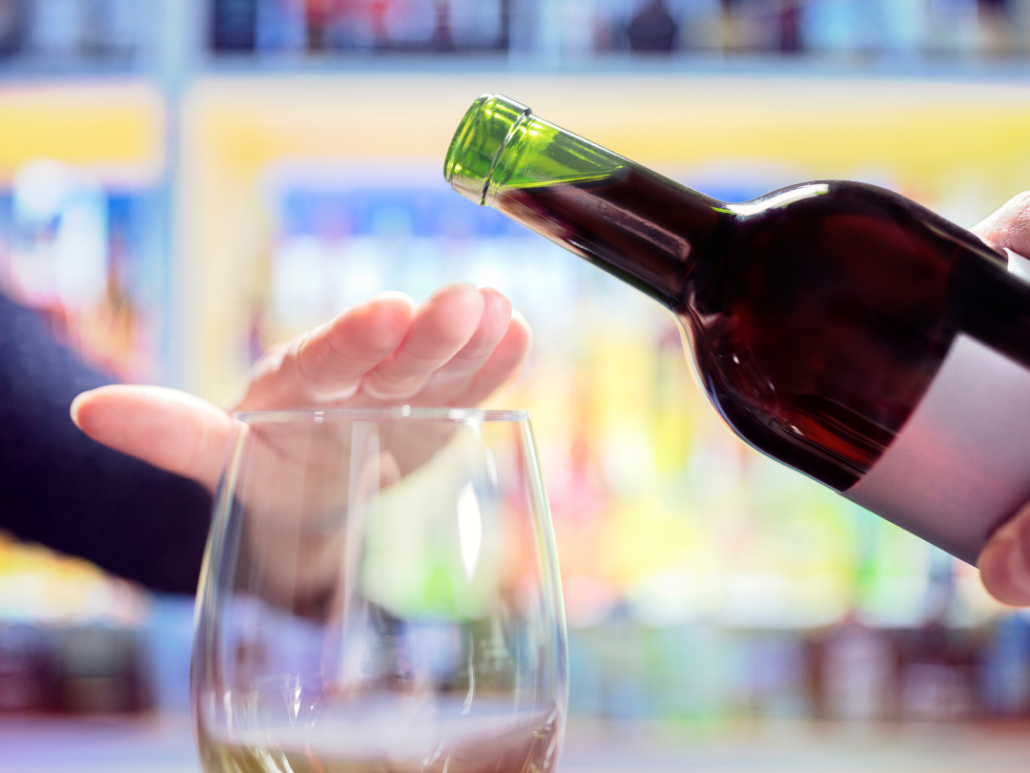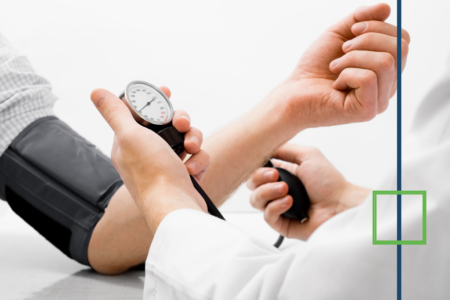Benefits of cutting down
Excessive alcohol use or alcohol addiction is responsible for approximately 95,000 deaths in the United States each year and $249 billion in economic costs in 2010. Excessive alcohol use includes:
- Binge drinking (defined as consuming 4 or more alcoholic beverages per occasion for women or 5 or more drinks per occasion for men).
- Heavy drinking (defined as consuming 8 or more alcoholic beverages per week for women or 15 or more alcoholic beverages per week for men).
- Any drinking by pregnant women or those younger than age 21. [1]
The strategies listed below can help communities create social and physical environments that discourage excessive alcohol consumption thereby, reducing alcohol-related fatalities, costs, and other harms.
Strategies for Tapering Alcohol Consumption
the National Institute on Alcohol Abuse and Alcoholism (NIAAA) suggests that the following steps may be helpful:
- Put it in writing. Making a list of the reasons to curtail your drinking — such as feeling healthier, sleeping better, or improving your relationships — can motivate you.
- Set a drinking goal. Set a limit on how much you will drink. You should keep your drinking below the recommended guidelines: no more than one standard drink per day for women and for men ages 65 and older, and no more than two standard drinks per day for men under 65. These limits may be too high for people who have certain medical conditions or for some older adults. Your doctor can help you determine what’s right for you.
- Keep a diary of your drinking. For three to four weeks, keep track of every time you have a drink. Include information about what and how much you drank as well as where you were. Compare this to your goal. If you’re having trouble sticking to your goal, discuss it with your doctor or another health professional.
- Don’t keep alcohol in your house. Having no alcohol at home can help limit your drinking.

- Drink slowly. Sip your drink. Drink soda, water, or juice after having an alcoholic beverage. Never drink on an empty stomach.
- Choose alcohol-free days. Decide not to drink a day or two each week. You may want to abstain for a week or a month to see how you feel physically and emotionally without alcohol in your life. Taking a break from alcohol can be a good way to start drinking less.
- Watch for peer pressure. Practice ways to say no politely. You do not have to drink just because others are, and you shouldn’t feel obligated to accept every drink you’re offered. Stay away from people who encourage you to drink.
- Keep busy. Take a walk, play sports, go out to eat, or catch a movie. When you’re at home, pick up a new hobby or revisit an old one. Painting, board games, playing a musical instrument, woodworking — these and other activities are great alternatives to drinking.
- Ask for support. Cutting down on your drinking may not always be easy. Let friends and family members know that you need their support. Your doctor, counselor, or therapist may also be able to offer help.
- Guard against temptation. Steer clear of people and places that make you want to drink. If you associate drinking with certain events, such as holidays or vacations, develop a plan for managing them in advance. Monitor your feelings. When you’re worried, lonely, or angry, you may be tempted to reach for a drink. Try to cultivate new, healthy ways to cope with stress.
- Be persistent. Most people who successfully cut down or stop drinking altogether do so only after several attempts. You’ll probably have setbacks, but don’t let them keep you from reaching your long-term goal. There’s really no final endpoint, as the process usually requires ongoing effort.
Some of these strategies — such as watching for peer pressure, keeping busy, asking for support, being aware of temptation, and being persistent — can also be helpful for people who want to give up alcohol completely. [2]
Signs of an Alcohol Problem
Alcohol use disorder (AUD) is a medical condition that doctors diagnose when an individual’s drinking causes distress or harm. The condition can range from mild to severe and is diagnosed when you answer “yes” to two or more of the following questions. [3]

In The Past Year, Have You:
- Had times when you ended up drinking more, or longer than you intended?
- More than once wanted to cut down or stop drinking, or tried to, but couldn’t?
- Spent a lot of time drinking? Or being sick or getting over the aftereffects?
- Experienced craving—a strong need, or urge, to drink?
- Found that drinking—or being sick from drinking—often interfered with taking care of your home or family? Or caused job troubles? Or school problems?
- Continued to drink even though it was causing trouble with your family or friends?
- Given up or cut back on activities that were important or interesting to you, or gave you pleasure, in order to drink?
- More than once gotten into situations while or after drinking that increased your chances of getting hurt (such as driving, swimming, using machinery, walking in a dangerous area, or having unsafe sex)?
- Continued to drink even though it was making you feel depressed or anxious or adding to another health problem? Or after having had a memory blackout?
- Had to drink much more than you once did to get the effect you want? Or found that your usual number of drinks had much less effect than before?
- Found that when the effects of alcohol were wearing off, you had withdrawal symptoms, such as trouble sleeping, shakiness, irritability, anxiety, depression, restlessness, nausea, or sweating? Or sensed things that were not there?
Risks and Withdrawal
Alcohol withdrawal symptoms may vary significantly from one person to another but may include any of the following physical and psychological symptoms.
Physical Withdrawal Symptoms
- Shaky hands
- Headache
- Nausea
- Vomiting
- Sweating
- Racing heart
- High blood pressure
- Fever
- Shakiness
- Dilated pupils
- Appetite loss
- Pale skin
- Tremor
- Seizures
Psychological Withdrawal Symptoms
- Anxiety
- Insomnia
- Confusion
- Irritability
- Feeling depressed
- Fatigue
- Mood swings
- Inability to think clearly
- Nightmares
- Extreme agitation
- Hallucinations (feeling, seeing, or hearing things that aren’t there)
Treatable Withdrawal Symptoms
With the help of a team of experts, withdrawal symptoms may be alleviated. However, the withdrawal symptoms that you may suffer from without help include:
- Seizures
- Physical tremors
- Alcohol cravings
- Hallucinations
- Increased agitation and anxiety
- Increased blood pressure
- Mood swings
- Fever, sweating, and extreme headaches
- Increased heartbeat
Need help stop drinking?
Treatments can take multiple approaches to treat alcohol detox. This can vary from a medicalized approach to a more alternative approach. With a holistic view of addiction treatment, our detox facilities provide various therapies from one end of the spectrum to the other. This allows us to provide each client with the best treatment possible.
Medically Assisted Detox

There are medication-based options available for clients who face severe detox symptoms or are open to a more medicalized approach to managing their comfort. Benzodiazepines and sedatives are examples of 2 types of medications sometimes used to help relax the brain and body when at the peak of detox. In addition, naltrexone is one of the few medications that drugs can give to help curb the cravings accompanied by alcohol detox. [4]
Additionally, prescription medications are not the only means of beneficial medical interventions during detox. For instance, heavy sweating, diarrhea, and vomiting can lead to severe dehydration and further complications. The use of an IV drip can quickly solve this issue and help keep fluid levels up. Additionally, detox facilities typically provide nutritional supplements that carry numerous benefits for a healing body.
Alternative Therapies
Yoga, Chiropractors, Massage, and Acupuncture are a few of the alternative therapies offered at We Level Up FL. These are evidence-based practices that have been shown to progress detox faster and provide much-needed comfort for individuals in withdrawal. Not only do these therapies help with detox, but they also promote overall health and wellbeing. Many clients take these practices with them into their everyday life as a tool to maintain their sobriety.
As any withdrawal symptoms subside and a client’s detox stay comes to a close, the last detox stage is aftercare. Again, an individualized treatment plan is progressing to help provide support, education, and therapy for relapse prevention.
At We Level Up FL Treatment Center, we provide world-class care with round-the-clock medical professionals available to help you cope. We work as an integrated team providing support through alcohol detox and how to reduce alcohol consumption safely. Make this your opportunity to reclaim your life. Call today to speak with one of our treatment specialists.
Your call is private and confidential, and there is never any obligation.
Sources:
[1] Preventing Excessive Alcohol Use – Centers for Disease Control and Prevention
[2] 11 ways to curb your drinking – https://www.health.harvard.edu/diseases-and-conditions/11-ways-to-curb-your-drinking
[3] Alcohol Use Disorder (AUD) – National Institute on Alcohol Abuse and Alcoholism
[4] We Level Up – Treatment » Alcohol Detox

